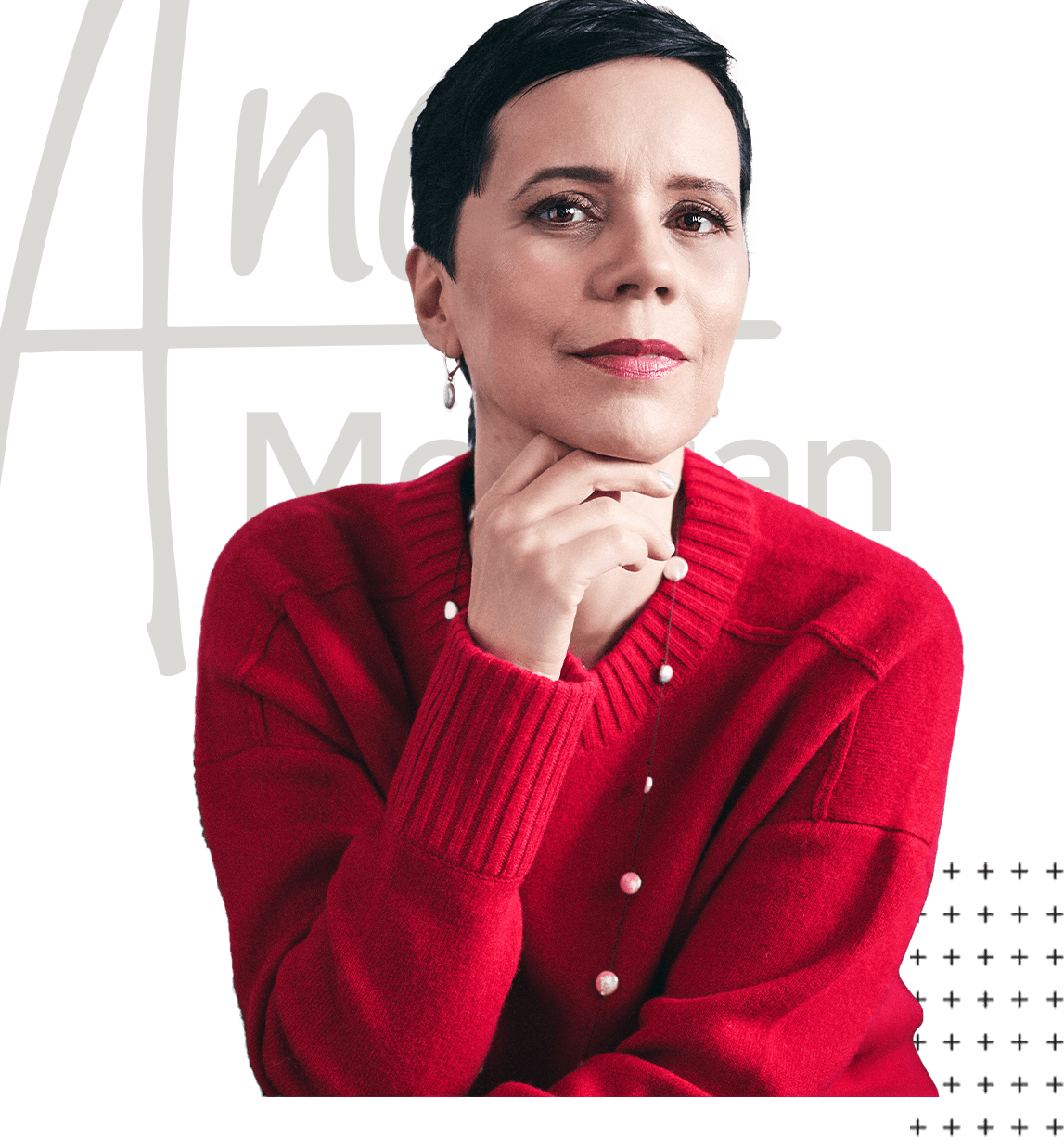Adopting the Fighter Pilot Mindset and Leveraging Humanity in Leadership with Kim Campbell
“It’s not the fear that matters; it’s what you do when you are scared that matters.” – Kim Campbell
I had the honor of speaking with Kim Campbell, a retired Air Force Colonel who served in the Air Force for 24 years as a fighter pilot and senior military leader. Kim knows what it takes to have courage and the practical applications for utilizing all she’s learned.
We discuss:
- The importance of wingman culture
- Tracking down the root cause of a problem
- Having the courage to show the human side of leadership
The importance of wingman culture

When you’re a fighter pilot, life and death situations come at you fast. Split-second decisions based on years of preparation and training can mean the difference between survival and defeat.
Those adrenaline-fueled moments benefit from a source of steady guidance. In the case of pilots, that takes the form of a wingman.
Kim relied on that presence when a land-to-air missile struck her in the skies of Baghdad.
“At that moment, when I had been hit, I keyed the radio.” Kim explains, “I transmitted over the radio to tell him [her wingman] that I had been hit. And immediately, he started providing me with the guidance and direction that I needed.”
Although we may not be in as tight a situation as Kim—caught in enemy territory, afraid for our lives—we face high-stress environments all the time that can call for that same steady voice.
“That mutual support is so critical, and very much part of our culture as fighter pilots—having the support of a wingman and backing each other up.” Kim continues.
When we do hard things in life, it’s the support of our family, our friends, and our communities that drives us forward and helps get us back to friendly grounds and out of enemy fire.
“There are moments where we feel overwhelmed. Our heart is racing, the adrenaline is pumping, all those things are happening. Now and then, it's nice to have a wingman.” Kim says.
Kim's first wingmen were her parents, who elected not to tell their 5th grader that women could not be fighter pilots. That choice allowed her dreams to flourish and become reality.
Tracking down the root cause of a problem

Something Kim has picked up is what she calls the “fighter pilot mindset,” which is what you’ll see on elite teams. From Olympians to special forces, and even high-performing business teams, they share a desire to be the best at what they do and work hard to get there.
“It's knowing that you will make mistakes, that you will fail, but will hold each other accountable. We learn from those mistakes. It's confidence in being able to overcome adversity to solve complex problems.” Kim elaborates.
When you take the time to sit down and pointedly sort out the root cause of any mistakes, you automatically gain more from the experience.
Ask questions, challenge yourself:
- What did we do right?
- Where did we miss the mark?
- What can we do better next time?
Taking a magnifying glass to the issue and clarifying what went wrong will not only improve future projects but will also help you be vulnerable and allow you to share those lessons with others.
This principle applies to more than business. When we look at something as prominent as gender stereotypes—drawing from Kim’s experience being among the first women trained as fighter-pilots—we learn that they develop as early as five and seven years old. We discovered that fact from going to the root of the problem and looking at the origins of those beliefs.
Having the courage to show the human side of leadership

Leadership is a topic debated far and wide across the business world and beyond. Kim has been in multiple positions of leadership and knows the makings of one inside and out.
Even now, Kim provides high-value keynotes to audiences as a member of the elite Victory Strategies team. With all of her experience in leadership, she has discovered that the best leaders are the ones who own their humanity.
“It does take courage to admit that you don't have the answer.” Kim points out, “To learn from your team, to walk around and get to know them, to find out what they value, but also find out where their pain points and pressure points are.” she continues.
Those are all small acts of courage in the workplace. “The key is having an environment of trust,” Kim says.
It all starts with the leader. Leaders must admit their mistakes and their failures to set an example. It often feels easier to blame an individual, but it’s hardly ever that simple.
When faced with a failure, personal or external, dig deeper:
- What were the contributing factors to this outcome?
- Where was the communication gap?
- Were the expectations set correctly?
- How was this situation handled from conception to completion?
“Until we take the time to drill down and figure out the root cause, we're missing the bigger picture,” Kim explains.
Give yourself permission to show your human side, and dare to be vulnerable. That is what drives connection and makes an impactful leader.
Be sure to catch Kim’s full episode for more fighter pilot stories and wisdom!








